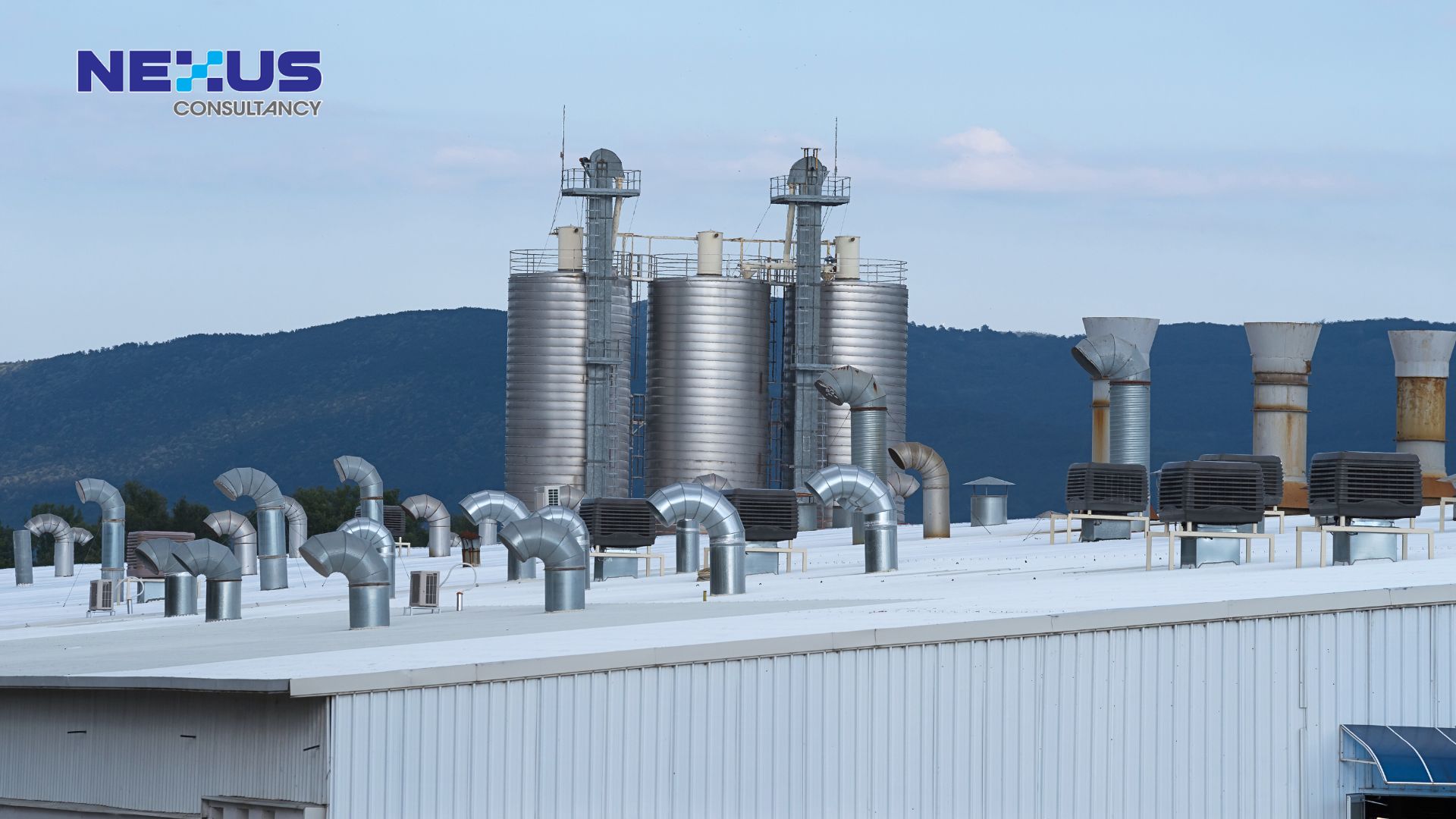
FSSC 22000 is an internationally recognized certification scheme which ensures the safety and quality of food products. The latest version, FSSC 22000, version 6, was published in the beginning of April 2023. There will be a 12-month transition period between 1st April 2023 and 31st March 2024. After 31st March 2024, no audits will be conducted against FSSC 22000 version 5.1. The new version of the certification will bring significant changes which will impact food production companies. Below, we explore key changes you need to know to ensure your organization is prepared for the transition.
The main reasons for the updated version of the FSSC 22000 scheme are:
One significant challenge for companies is the lack of risk awareness and understanding throughout the organization. Employees may not fully comprehend the importance of risk and opportunity assessment or how it relates to achieving business objectives. To overcome this challenge, organizations should invest in comprehensive training programs to educate employees about the purpose and benefits of risk and opportunity assessment. This will foster a culture of risk awareness and encourage active participation in the assessment process.
- Integrating the requirements of ISO 22003-1:2022,
- Strengthening the requirements to support organizations in their contributions to meeting the UN Sustainable Development Goals (SDGs), and
- Incorporating feedback as a result of the Version 6 development survey, which received nearly 2000 responses.
| Version 6 will have a 12-month transition window to allow organizations to prepare for the new Version and CBs for implementation and gaining accreditation. The first audits to Version 6 will commence from 01 April 2024 onwards, and all organizations must complete the V6 upgrade audit before 31 March 2025. |
Overview of the main changes in Version 6 of the FSSC 22000 scheme
Effective communication and collaboration are vital for successful risk and opportunity assessment. Companies often face challenges in breaking down silos and fostering cross-functional collaboration, which can limit the identification and evaluation of risks and opportunities across the entire organization. To address this, organizations should encourage open and transparent communication channels, promote interdisciplinary teamwork, and establish regular meetings or workshops to discuss risk and opportunity assessment findings. Clear roles, responsibilities, and accountability should be defined to facilitate collaboration and ensure timely actions.
– Realignment of the Food Chain Categories in accordance with ISO 22003-1:2022.
– The scope has been expanded to include Trading and Brokering (FII) and reduced by removing Farming and FSSC 22000-Quality from the scheme.
– Integration of the requirements on food safety and quality culture.
– New requirements on quality control, food loss and waste, and equipment management.
– Strengthened existing additional requirements in Part 2 of the scheme, including but not limited to allergen management and environmental monitoring.
– Changes to and clarification on requirements for the Certification Process.
– Addition of a QR Code on FSSC 22000 certificates for improved traceability.
More information






